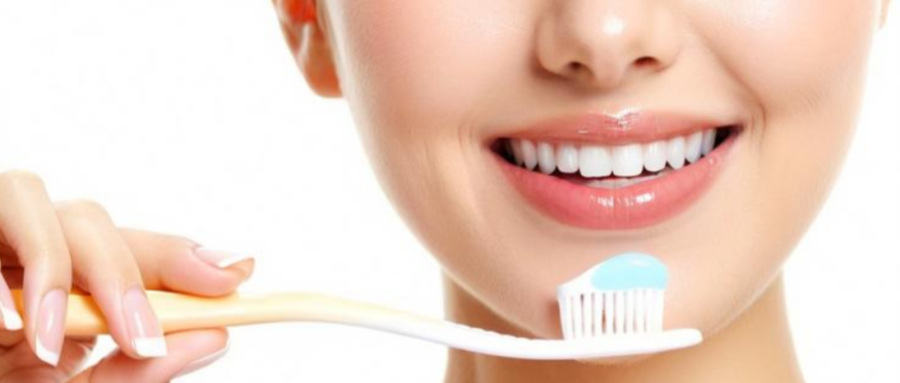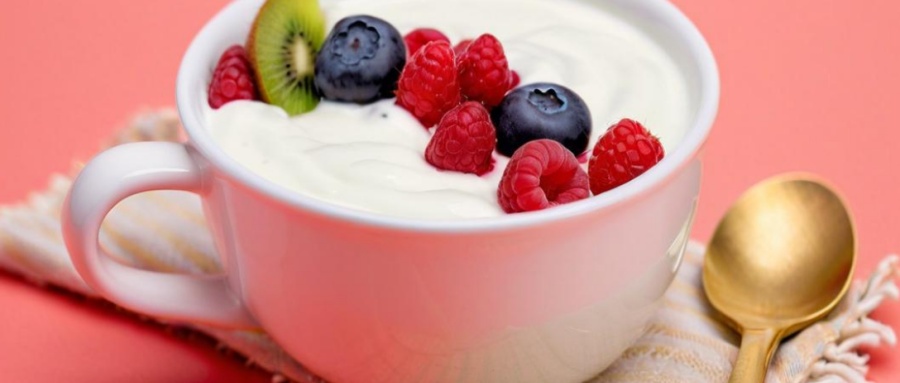
Our body is like a machine that keeps running. The growth of years is like the accumulation of machine running time, and various “parts” begin to become loose. It is necessary to start proper maintenance to ensure its smooth operation.
For people, in order to maintain good health, in addition to moderate exercise and adequate sleep, maintaining a good mood, etc., it is more important to establish good eating habits. The following are 5 healthy eating habits recommended for middle-aged and elderly people:
Balanced nutrient intake
Middle-aged and elderly people should have a diversified diet and a balanced intake of protein, fat, carbohydrates, vitamins, etc. Protein helps maintain muscle and bone health and can be obtained from foods such as fish, lean meat, and soy products. At the same time, appropriate intake of foods rich in unsaturated fats, such as olive oil and nuts, can help reduce the risk of cardiovascular disease.
Eat more vegetables and fruits
Vegetables and fruits are rich in vitamins, minerals and dietary fiber, which help to enhance immunity, promote digestion and prevent chronic diseases. Middle-aged and elderly people should consume enough vegetables and fruits every day according to their physical conditions, and choose colorful and diverse foods.
Eat less cold raw and cold foods
As people age, the tolerance of the stomach and intestines will be relatively weakened. Uncooked and cold foods, such as raw cucumbers and tomatoes, should be eaten in moderation. Similarly, foods with cold properties, such as bitter melon and mung beans, may have adverse effects on the spleen and stomach, which may lead to loss of appetite.
Reasonable combination of staple foods
Middle-aged and elderly people should choose whole grains and coarse grains as staple foods, such as brown rice, oats, whole wheat bread, etc. These foods are rich in dietary fiber and B vitamins, which help control blood sugar, blood lipids and improve intestinal health.
Control salt and sugar intake
Middle-aged and elderly people should control their salt and sugar intake to reduce the risk of chronic diseases such as hypertension and diabetes. It is recommended that the daily intake of salt should not exceed 6 grams and the sugar should not exceed 50 grams. Spices can be used instead of salt and sugar when cooking.
Drink water in moderation
Maintaining adequate water intake is particularly important for middle-aged and elderly people. Drinking water in moderation helps maintain blood circulation, promote metabolism and excrete waste from the body. It is recommended to drink at least 8 glasses of water a day and adjust according to personal needs and activity level.
A healthy diet for middle-aged and elderly people lies in balance, variety and moderation. At the same time, choose the right amount according to your physical condition and needs. Make every day full of vitality and brilliance!








